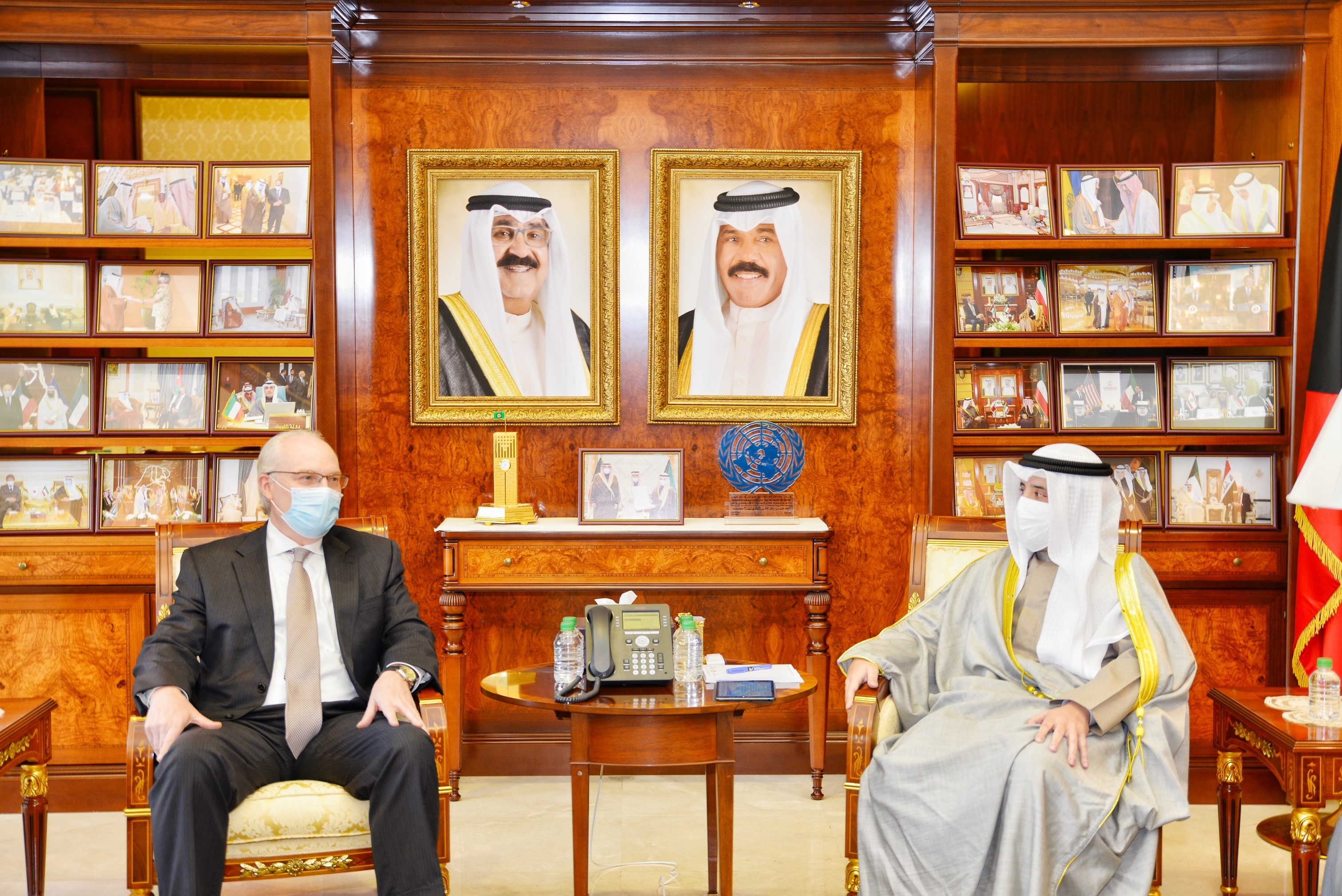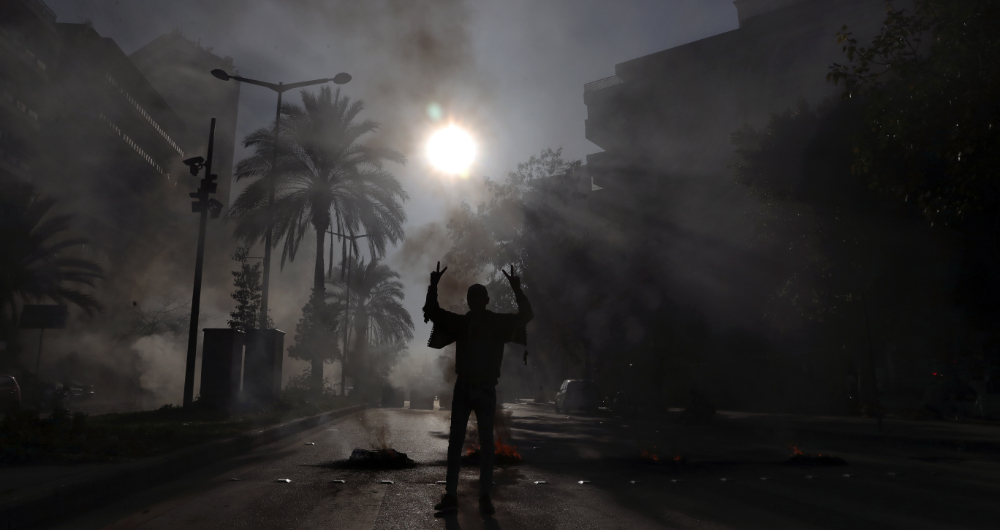BEIRUT: Lebanon “will enter total darkness by the end of this month” if a government is not formed, a source in the Finance Ministry has told Arab News amid a growing electricity crisis.
Beirut has for a week been enduring a blackout. The city — which in recent years was exempt from the harsh rationing of electricity due to its role as the administrative, commercial, and hospital center for the whole country — used to experience no more than three hours a day of power outage.
However, in the last week, the blackouts have exceeded 12 hours a day. There is no clear explanation for these severe blackouts.
Several factors are being discussed, including not unloading shipments of fuel imported by sea.
Other suggestions are that there are administrative disputes over the financial transfers that the Ministry of Energy owes the fuel companies.
Elsewhere, some are arguing that the blackouts have a political background and the aim is to pressure Beirut and Prime Minister-designate Saad Hariri, thus pushing him to step down, in light of his refusal to give the blocking third in the government to President Michel Aoun and the Free Patriotic Movement (FPM). The Ministry of Energy is part of the FPM’s share in governing.
Angry protesters have been taking to the streets in Beirut neighborhoods. They have been blocking roads and settling tires ablaze to protest.
Lebanon is under constant electricity-related pressure for structural reasons and now also because of the scarcity of fuel, as its imports are linked to the dollar.
On Monday, the dollar exchange rate on the black market ranged between 9,675 and 9,725 Lebanese pounds.
Most residential neighborhoods and the commercial and industrial sectors depend on private electricity generators powered by diesel, which is a public health risk.
Owners of generators in residential neighborhoods charge exorbitant fees in exchange for providing electricity to subscribers, and they are called the “generator mafia.”
They often do not adhere to the rates set by the Ministry of Energy, as they believe they provide a service to citizens that the government cannot provide, and therefore they exert corresponding pressure to maintain their profits.
The successive governments of Lebanon, the World Bank, and the International Monetary Fund have deemed “electricity reform a vital issue for reducing the debt, which equates to about 150 percent of the GDP.”
Net transfers to the state-owned Electricité du Liban (EDL) per year are between $1 billion and $1.5 billion, most of which is spent on the purchase of fuel. This is equivalent to about a quarter of the 2020 budget deficit.
The resigned government cannot spend resources on electricity infrastructure as state revenues are required to service the public debt.
The World Bank and investors had pledged at the CEDRE conference to invest $11 billion in Lebanon’s infrastructure, including electricity, but these investments are conditional on implementing reforms, including increasing electricity prices.
The EDL announced three days ago that despite the arrival of the two carriers loaded with fuel oil to the Lebanese territorial waters and their docking off the coast, it was not possible to unload the fuel due to the failure to open the required letters of credit and the difficulty in completing banking procedures.
This led to a decline in the stock of fuel oil to its lowest level, which neared depletion, and it resulted in a drop in the supply of the electric current by about 400 megawatts of the total energy produced, which is about 1,400 megawatts.
Caretaker Finance Minister Ghazi Wazni signed the opening of credits in favor of the EDL to meet the requirement of the shipment of fuel oil.
These credits, however, are in Lebanese pounds.
A source in the Ministry of Finance told Arab News: “The problem is that the Banque du Liban refuses to convert these credits into dollars at the official rate of 1,505 Lebanese pounds because the central bank suffers from a shortage of dollars.”
The source pointed out that “the caretaker energy minister, Raymond Ghajar, was informed by a political authority that the solution is to form a government quickly.”
They added: “The matter entered the bazaar of political pressure to form a government that was required to have been formed since last October.”
MP Faisal Al-Sayegh expected “the street to explode soon.”
He said: “Buying fuel after this month will require issuing a law to give EDL an emergency treasury advance of hundreds of millions of dollars.
“Moreover, the operation and maintenance of the two thermal power plants in Zouk and Zahrani collide with PrimeSouth’s claiming for its receivables, which amount to tens of millions of dollars.”
Al-Sayegh added: “The two Turkish steamboats that were hired by the Ministry of Energy to generate electricity are to withdraw from Lebanon because they did not receive their dues, which are about $160 million.”
Al-Sayegh said: “With the money that was paid for hiring the two ships, it was possible to establish two production plants, or at least buy two newer and better ships.”
The EDL expects a “gradual improvement in the power supply as soon as the two carriers’ cargo is discharged if banking procedures are completed and the supplier issues the approval to unload.”
But the source in the Finance Ministry said that unless a government is urgently formed, Lebanon “will enter total darkness by the end of this month.”




